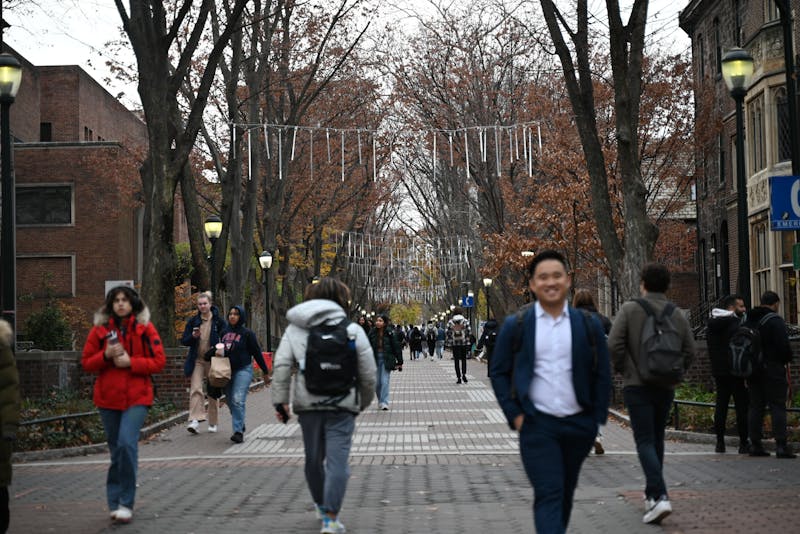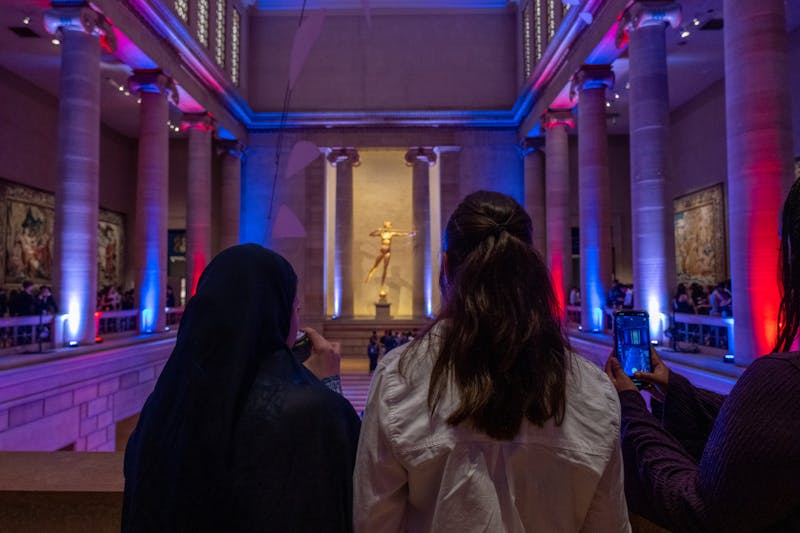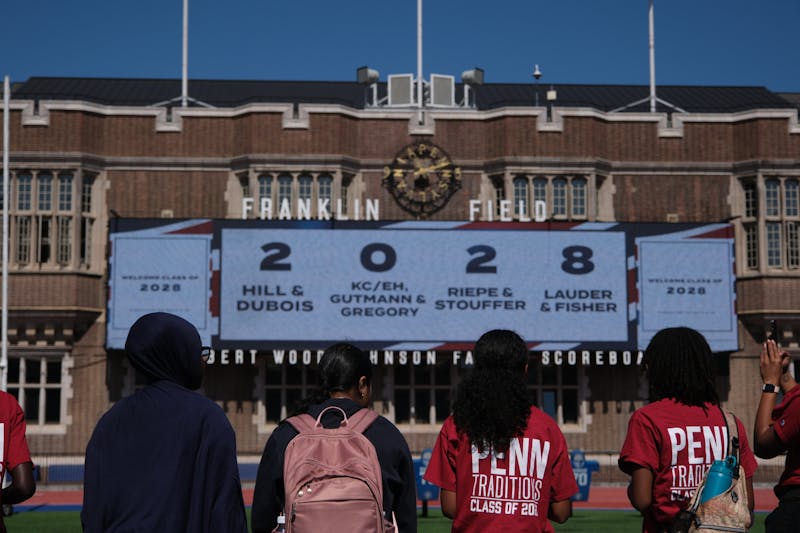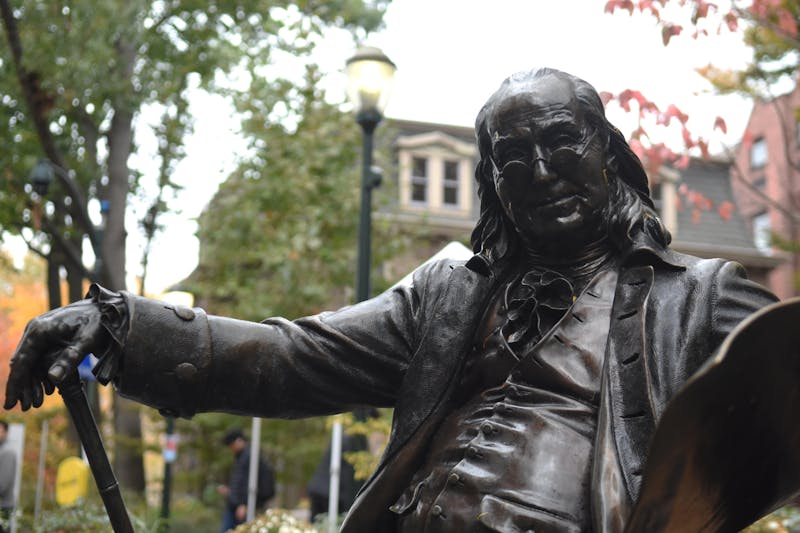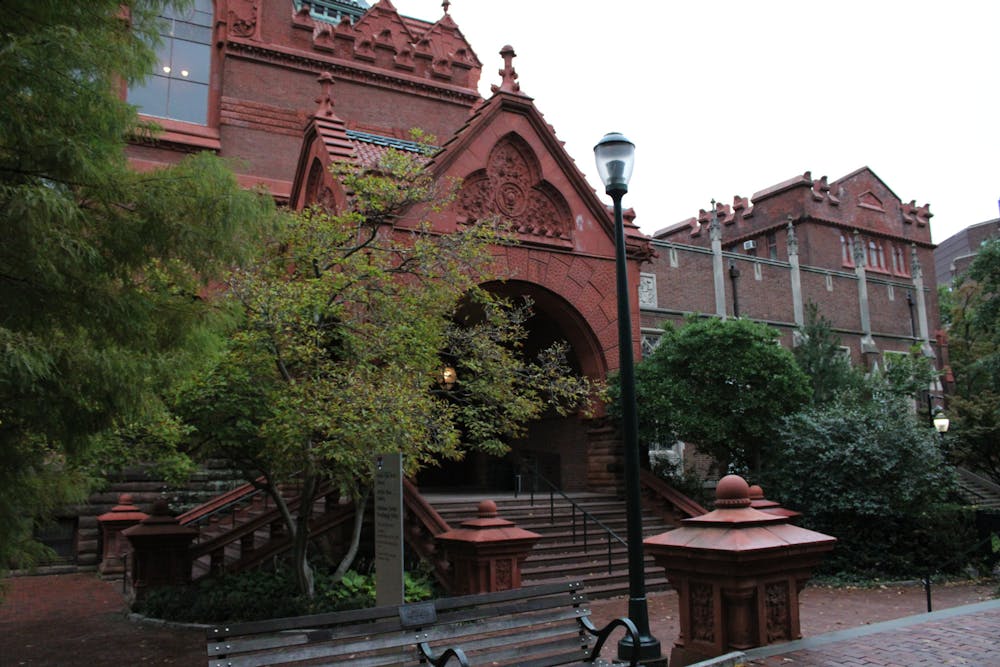
Last week, I committed the ultimate first-year sin: I ate alone. My friends were in class, I’d had a lazy morning in bed doom scrolling on Instagram, and suddenly, I heard the familiar grumble of my stomach demanding some Kings Court English College House hummus.
At first, sitting alone felt strange. Staring out into a cafeteria full of groups, I scanned for the most inconspicuous table hidden within the masses. But as I sat down with my unusual Italian-Lebanese concoction of spaghetti and hummus, something unexpected happened; instead of feeling self-conscious, I felt calm. Weirdly calm.
For once, I wasn’t pretending to be busy on my phone or scanning the room to see who I knew. I was just … there. Surrounded by students — some faces familiar, most not — I realized I was just background noise, a supporting actor in their movie. It felt good. I could eat my spaghetti strands unabashedly, mix the hummus with the pasta like a heathen, and even go in for seconds.
Ever since arriving at Penn a month ago, I’ve never had a moment truly to myself. Most people would say that’s a good thing. It means you’re always occupied, with never a second to feel low or homesick. But I’d disagree. I don’t think it makes those feelings disappear; they just linger beneath the surface, waiting to ambush you at the most inconvenient moments — like during a neuroscience lecture, when you’re trying to wrap your head around the G protein-coupled receptors (an oddly specific reference that may or may not be autobiographical).
At Penn, this constant busyness feeds into something we all know too well: “Penn Face.” It’s that carefully crafted facade of confidence and composure that signals to the world, “Hey, I don’t know about you, but I’ve got it all together.” But beneath this mask is something deeper: the culture of SABs-ing, or “seeing and being seen.”
Take a stroll down Locust Walk, grab a coffee at Stommons, or hang out by the ARCH, and you’ll inevitably bump into someone you know (aka vaguely recognize from NSO week). They’ll ask how you’re doing and your answer is a preordained, reflexive “Great!” You might even toss in a humble brag about acing the midterm quiz, but you’ll leave out the part about subsisting on solely a ramen diet since Tuesday.
My point is this: Sure, you might be physically “seen,” but are you really being “seen”?
If this comprises almost all of our interactions, who is truly seeing us? More importantly, are we seeing ourselves? We’re so busy curating the perfect version of ourselves — polished, successful, smiling — that we risk losing track of who we really are underneath all of that.
That lunch made me realize that as much as I love a good SABS moment, it might also be time to start incorporating some de-SABS-ing in my lingo and to find spaces and moments where I’m not being seen — or seeing anyone else — just reconnecting with myself.
Next time you find yourself with a few minutes to spare, try it. Take a walk through campus listening to your favorite fall playlist, or just sit on a bench (preferably not the Ben Franklin one). Those five minutes might be all it takes to quiet the noise and make you appreciate this incredible place you’ve worked so hard to be in.
While de-SABs-ing, maybe even have lunch with your first-ever friend — yourself. One thing’s for sure: They’re always available.
DIYA CHOKSEY is a College first year studying cognitive science from Mumbai, India. Her email is dchoksey@sas.upenn.edu.
The Daily Pennsylvanian is an independent, student-run newspaper. Please consider making a donation to support the coverage that shapes the University. Your generosity ensures a future of strong journalism at Penn.
Donate







